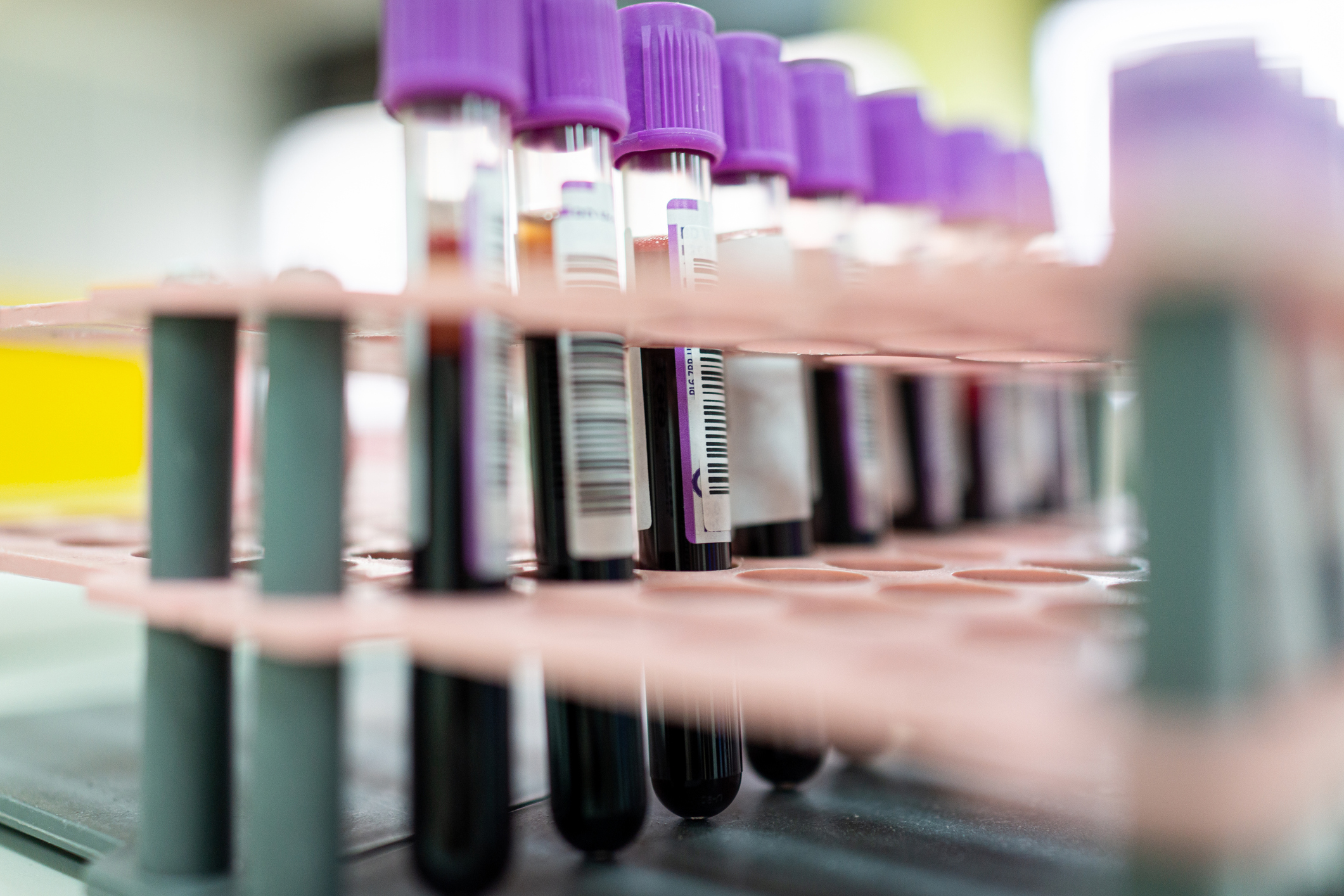Blood
SeekInCare Blood Test Can Detect More Than 20 Cancer Types
SeekInCare, a blood-based multi-cancer detection test, can detect more than 20 cancer types with high specificity, according to research presented in a poster at ASCO Breakthrough 2023.
Researchers explained that SeekInCare is based on a multi-dimensional cancer risk score model incorporating copy number aberrations, fragment size, end motifs and oncogenic viruses via shallow whole-genome sequencing from cell-free DNA, and 7 protein tumor markers.
The researchers tested SeekInCare in a retrospective cohort study of 584 patients without cancer and 617 patients with cancer. The cancer patients had 27 cancer types, and all 4 cancer stages were represented.
Continue Reading
SeekInCare identified 404 cancer patients with a sensitivity of 65.5% and a specificity of 97.9%. The area under the curve was 0.936.
The test’s sensitivity increased with increasing cancer stage. It was 46.9% for stage I, 60.0% for stage II, 68.9% for stage III, and 81.8% for stage IV cancer.
The sensitivity also varied by cancer type. It was 46.2% for breast cancer, 46.4% for stomach cancer, 56.5% for colorectal cancer, 60.0% for gallbladder cancer, 62.8% for lung cancer, 64.7% for pancreatic cancer, 68.5% for lymphoma, 70.0% for esophageal cancer, 77.5% for liver cancer, and 86.7% for leukemia.
The researchers also tested SeekInCare in a prospective, real-world study of 1203 patients. The median follow-up was 753 days. In this cohort, the test had a sensitivity of 60.0%, a specificity of 96.1%, a positive predictive value of 11.5%, and a negative predictive value of 99.7%.
The researchers noted that SeekInCare demonstrated higher sensitivity in this real-world analysis than the blood-based multi-cancer detection tests used in the DETECT-A and PATHFINDER studies, but the specificity and negative predictive values of the tests were similar.
“The real-world results of SeekInCare warrant future investigation of its clinical utility and health economics as a mass cancer screening test in average-risk populations,” the researchers wrote in their poster.
Disclosures: This research was supported by SeekIn, Inc. Some study authors declared affiliations with biotech, pharmaceutical, and/or device companies. Please see the original reference for a full list of disclosures.
Reference
Mao M, Li S, Ren Q, et al. Integrating multi-omics features for blood-based multi-cancer early detection. ASCO Breakthrough 2023. August 3-5, 2023. Abstract 156.

